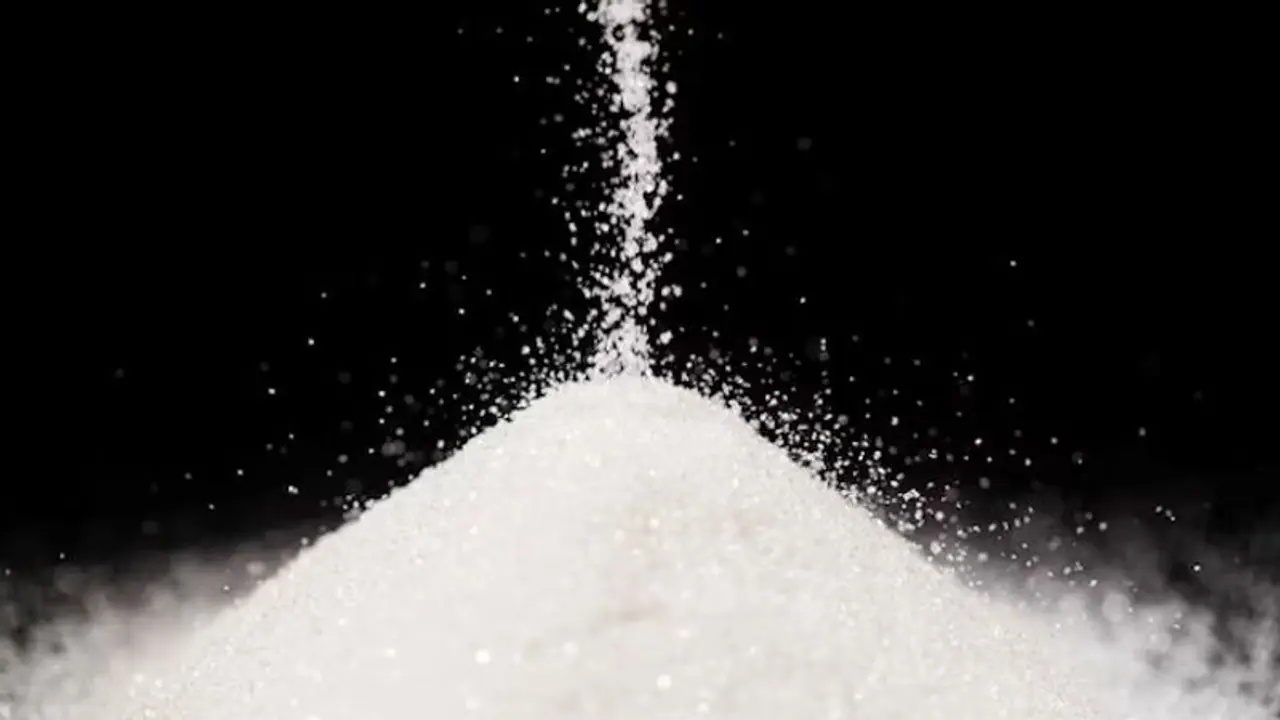Consuming excessive amounts of salt on a daily basis can have several bad effects on your health. Here are five dangers associated with eating excessively and too much salt which has hazardous after-effects on your body and can also impair your health.
Beware the Sneaky Saboteur: Salt, often lurking in processed foods and restaurant meals, can silently jeopardize your health. One of the gravest risks is its link to high blood pressure. Excessive sodium intake can cause water retention, straining your blood vessels and increasing blood pressure. The consequences? Increased vulnerability to heart disease, strokes, and other cardiovascular complications. Your kidneys may bear the burden. Too much salt can impair their function, potentially leading to kidney damage and aggravating existing conditions. Fluid retention, another peril, can cause uncomfortable swelling and oedema, indicating an imbalance in your body's fluid levels.

Here are five dangers of eating excessive salt on a daily basis.
ALSO READ: Here are 7 ways to control an unruly child
1. High Blood Pressure:
One of the most significant risks of excessive salt intake is the development or worsening of high blood pressure (hypertension). Sodium in salt can cause water retention, leading to increased blood volume and elevated blood pressure. High blood pressure is a major risk factor for heart disease, stroke, and other cardiovascular problems.
2. Cardiovascular Diseases:
High blood pressure resulting from excessive salt consumption can damage the arteries, leading to the buildup of plaque and increasing the risk of heart disease, heart attacks, and strokes. It puts strain on the heart and can lead to heart failure over time.
3. Kidney damages::
Consuming too much salt can put a burden on the kidneys, which are responsible for filtering waste products from the blood. The excess sodium can impair kidney function, potentially leading to kidney damage or worsening existing kidney conditions.
4. Edema:
Excessive salt intake can cause water retention in the body, leading to swelling and oedema, especially in the legs, ankles, and feet. This can be uncomfortable and indicate an imbalance in the body's fluid levels.
5. Osteoporosis:
Consuming too much salt can increase the amount of calcium excreted in the urine. Over time, this can result in decreased bone density and an increased risk of osteoporosis, a condition characterized by fragile and brittle bones.
ALSO READ: 5 reasons why berries are an incredible superfruit for body
